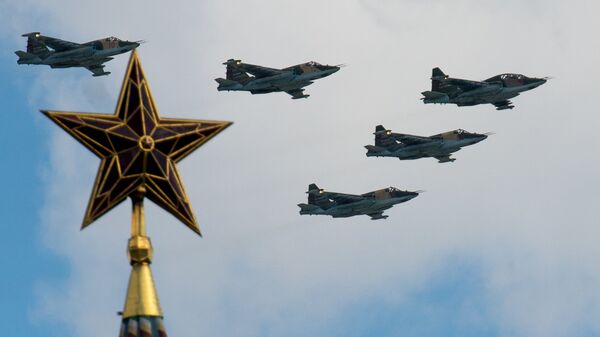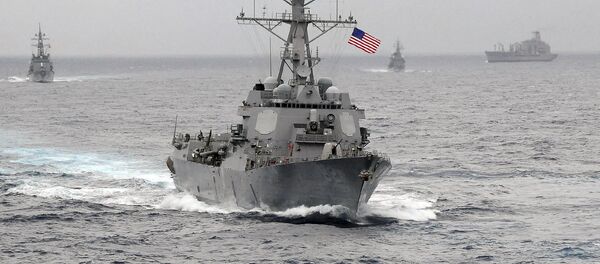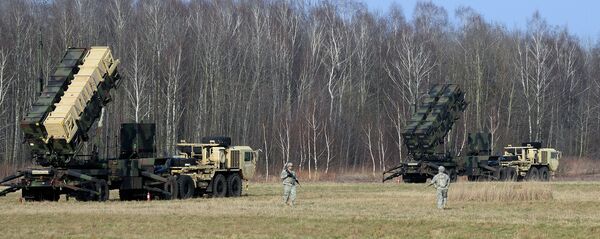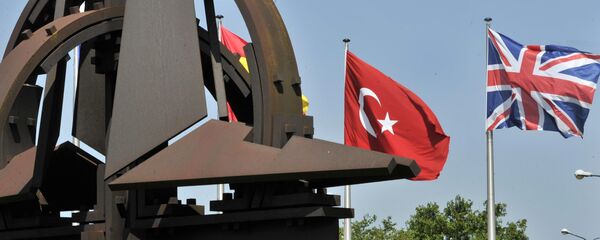Recently, Maj. Gen. Sergei Chvarkov, deputy head of the Academy of the Russian General Staff, announced that the Russian military doctrine will be revised with regard to the new Strategy of National Security, adopted in December 2015.
The latest version of the military doctrine was approved by Russian President Vladimir Putin on December 26, 2014. The document focused on issues of cooperation with Russia’s BRICS partners as well as Abkhazia and South Ossetia. It also pointed out new threats emerging for Russia amid the Ukrainian crisis as well as developments in Northern Africa, Syria, Iraq, and Afghanistan.
According to the 2014 doctrine, the NATO expansion was designated as the main threat to Russia.
Ivashov underscored that now the need to modernize the doctrine has emerged. According to the analyst, like any other document the military doctrine must evolve.
"Situations change and the country changes as well. So, the national military doctrine evolves. I think changes to the doctrine have been prompted by the fact that the US adopted the new Strategy of National Security in February 2015 and then the new Military Doctrine in July, which have significantly changed the US’s military policy," he explained.
Recently, Deutsche Welle published excerpts from the new strategy of US European Command. The past year was one of the most difficult for the command since the Cold War era, its representatives were quoted in the article.
Among the priorities, the strategy cites cooperation with US and NATO partners and countering the global threats, including Daesh. At the same time, the document brings terrorism, the "Russian threat" and mass migration in one line.
According to Ivashov, the Russian doctrine needs to be revised first of all because the US has ignored the possibility to establish multipolar world order, ignoring alternatives to its global hegemony backed up by military force.
"According to its doctrine, the US will use military force to protect its national interests. But its interests know no limits around the world. Washington says it will deploy its troops and engage in armed conflicts to protect its interests," he said.
Such an approach changes the situation for Russia, the analyst added.
He also expressed confidence that the new version of the military doctrine will also mention the Russian military operation in Syria, which was launched at the request of the Syrian government.
As for protecting its national interests, Russia should go beyond its borders and stem aggression by other countries abroad, Ivashov added.
"The doctrine should focus on Russia’s potential involvement not only in military conflicts but also in security issues of our possible partners and allies," he explained.
In terms of military and technical development, Ivashov stresses that the new doctrine should focus on enhancing the Russian defensive capabilities, amid emerging threats.
In December 2015, Russian Defense Minister Sergei Shoigu said that 47 percent of the Russian Armed Forces have been rearmed with modern weapons.





